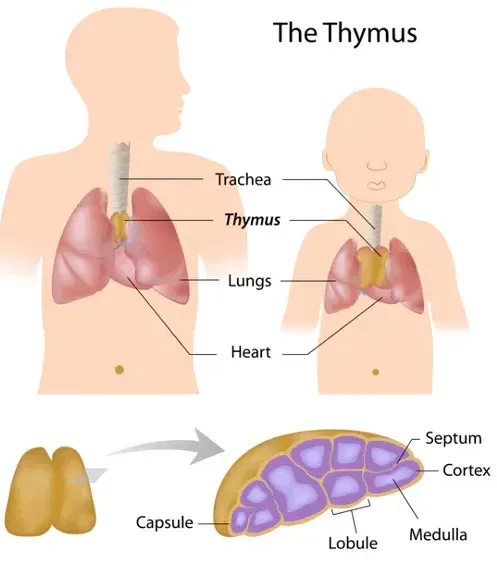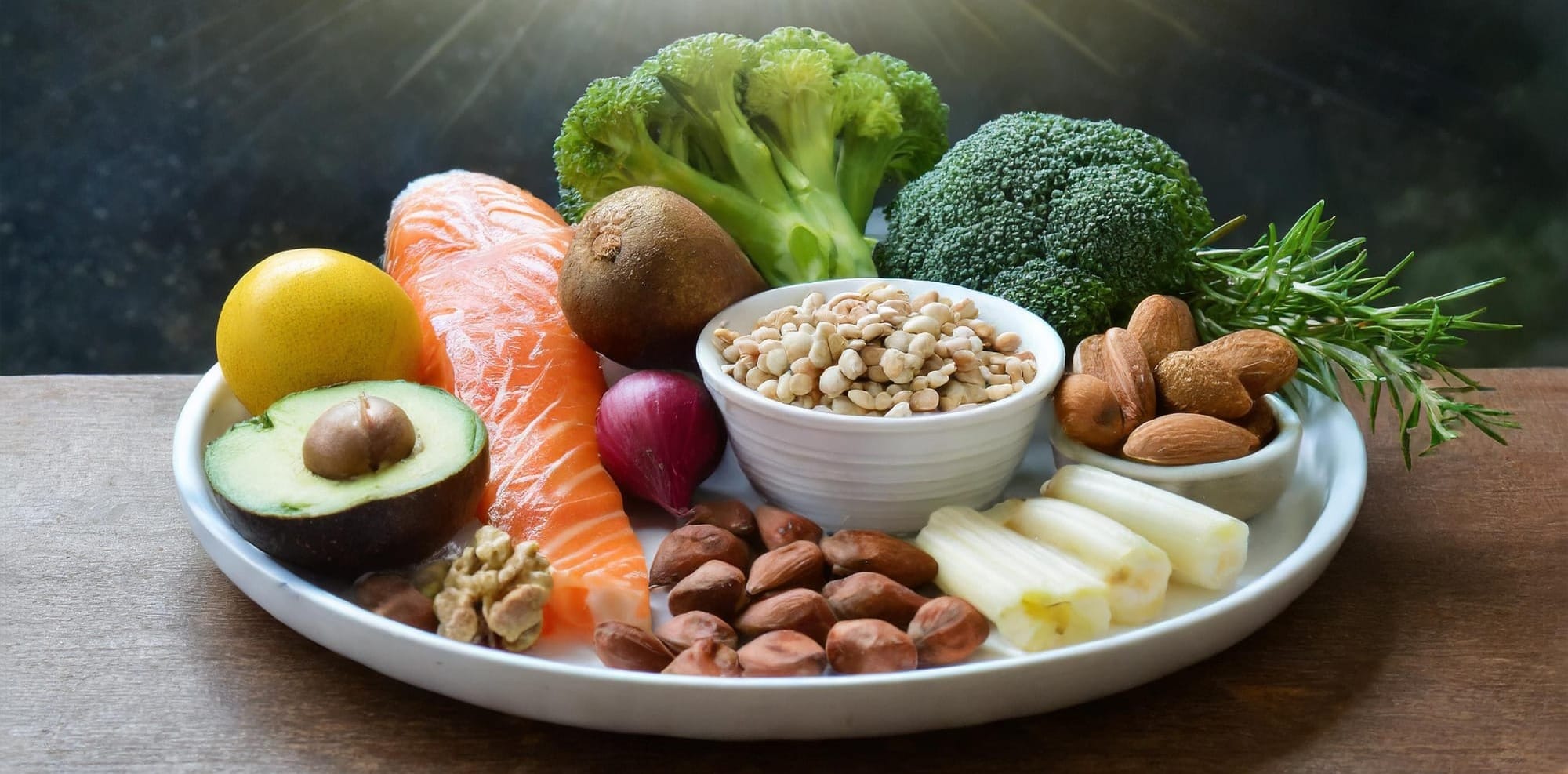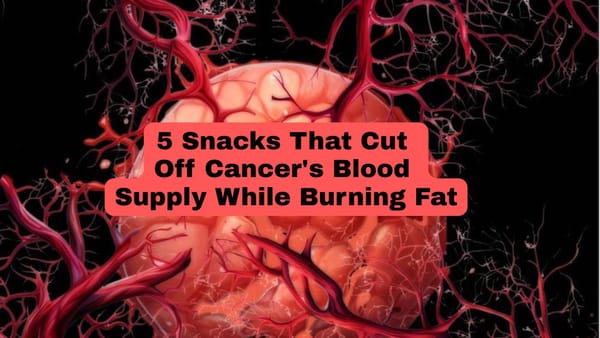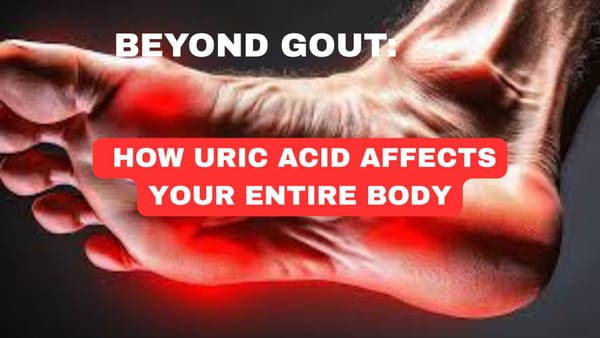The Incredible Thymus: Your Body's Unsung Immune Hero
Researchers found that it was possible to restore thymic function and reduce the risk of age-related conditions and diseases linked to poor immune system reaction.

Few organs play as crucial a role as the thymus gland in the intricate symphony of human biology. Often overlooked in discussions about health and wellness, this remarkable organ serves as the primary architect of our immune system's defence force. While small, its impact on our overall health, immunity, and ageing process is extraordinary.
After puberty, the thymus begins a process called involution - gradually shrinking and being replaced by fatty tissue. By the time we reach our 50s, much of the thymus has been replaced by fat, though some functional tissue usually remains. However, Researchers found that it was possible to restore thymic function and reduce the risk of age-related conditions and diseases linked to poor immune system reactions.
Understanding Your Body's Immune Training Centre
The thymus gland, a specialized organ of the lymphatic system, resembles a small, two-lobed structure that sits protected behind your sternum (breastbone), nestled between your lungs. In infants and young children, the thymus is relatively large, approximately the size of a walnut. However, unlike most organs that grow with age, the thymus follows a unique pattern - it reaches its maximum size during childhood and gradually shrinks after puberty.
Think of the thymus as an elite military academy for your immune system's soldiers. Just as a military academy trains raw recruits into specialized forces, the thymus transforms immature immune cells into sophisticated T-lymphocytes (T-cells) capable of defending your body against various threats.
The Masterful Functions of the Thymus
T-Cell Production: Your Body's Defence Force
The thymus's primary function is remarkable - it serves as the production and training ground for T-cells, the specialized white blood cells that form the backbone of your adaptive immune system. These cells are crucial in identifying and fighting infections, cancerous cells, and other threats to your health.
Immature T-cells in the thymus undergo a rigorous "education" process. They learn to distinguish between your body's cells and potentially harmful foreign invaders. This sophisticated training ensures your immune system can mount an effective defence without attacking your tissues.
Hormonal Contributions: Beyond Cell Production
The thymus isn't just a training facility; it's also a hormone-producing powerhouse. It secretes several important hormones, including:
- Thymosin: A hormone that stimulates the development and function of T-cells
- Thymulin: Important for T-cell maturation and function
- Thymopoietin: Aids in T-cell differentiation
These hormones play crucial roles in immune function and in various aspects of ageing and overall health maintenance.
The Age Factor: Understanding Thymic Timeline
One of the most fascinating aspects of the thymus is its unique developmental timeline. Unlike other organs that maintain their size throughout adulthood, the thymus reaches its peak size and activity during childhood, typically before puberty. This period represents the golden age of immune system development when the body builds its fundamental immune responses.
After puberty, the thymus begins a process called involution - gradually shrinking and being replaced by fatty tissue. By the time we reach our 50s, much of the thymus has been replaced by fat, though some functional tissue usually remains.

Regeneration: Can We Turn Back Time?
Recent scientific breakthroughs have sparked excitement in the medical community. The groundbreaking TRIIM (Thymus Regeneration, Immunorestoration, and Insulin Mitigation) study has shown promising results in potentially reversing thymic involution.
They had another pleasant surprise. At the end of the trial, the researchers found that the drugs they used to restore the thymus gland had also reversed other aspects of biological ageing.

Promising Approaches to Thymic Regeneration
Several methods are being explored to regenerate or maintain thymic function:
- Growth Hormone Therapy: Recombinant human growth hormone has shown potential in stimulating thymic tissue regeneration
- DHEA Supplementation: This hormone may help maintain thymic function
- Specialized Proteins: Keratinocyte Growth Factor (KGF) and Interleukin-7 (IL-7) show promise in stimulating thymic regeneration
Nourishing Your Thymus: Essential Vitamins and Nutrients
Supporting thymic health requires specific nutrients and vitamins:
Key Vitamins for Thymic Health
- Vitamin D: Essential for T-cell function and thymic health
- Vitamin C: Supports overall immune function and thymic activity
- Zinc: Critical for thymic hormone production
- Selenium: Important for optimal immune function

Natural Sources
- Fatty fish, eggs, and mushrooms for Vitamin D
- Citrus fruits, berries, and leafy greens for Vitamin C
- Nuts, seeds, and lean meats for zinc and selenium
Protecting Your Thymic Health: Lifestyle Factors
Maintaining optimal thymic function requires a holistic approach to health:
Embracing Thymic Health for Overall Wellness
Understanding and supporting your thymus gland is crucial for maintaining robust health. While natural ageing processes will affect thymic function, taking proactive steps to support this vital organ can help maintain stronger immunity and potentially slow age-related decline.
Remember, every lifestyle choice you make today can impact your thymic health and, by extension, your immune system's strength. By implementing good nutrition, exercise and stress management - you can help maintain this crucial organ's function and support your body's natural defence systems.






